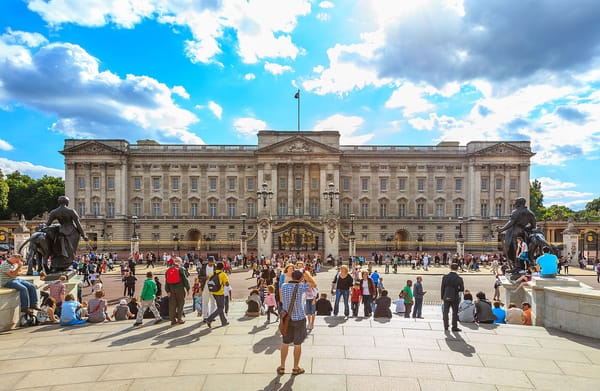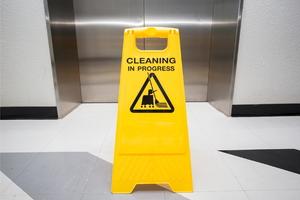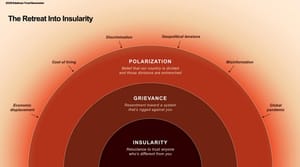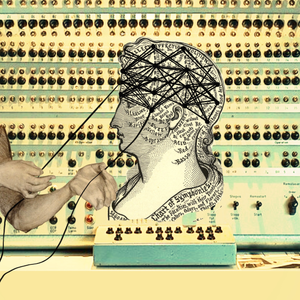There comes a point when sympathy turns to disbelief, and disbelief hardens into disgust. For many, that point came long ago in the story of Prince Andrew, now known as Andrew Mountbatten Windsor. Or, as The Sun put it on its front page yesterday, "The Andrew formerly known as Prince."
Yet the Palace continues to tread softly. Stripping him of all his titles, including 'Prince', and evicting him from his grace-and-favour residence are not enough. If the monarchy wants to survive as a moral institution rather than as a relic of privilege, the King must make a clean break – and remove his brother from the line of succession.
All of this stems from the never-ending story surrounding Andrew's involvement with Jeffrey Epstein, the paedophile American financier convicted of sex trafficking young women and girls and who committed suicide in prison in 2019.
When Loyalty Becomes Complicity
Each new revelation surrounding Andrew feels like another test of how far public tolerance can stretch. And it has been stretched over a lengthy timeline throughout this century.
The latest reports suggest that a payoff or “financial settlement” is being considered to allow him to maintain a comfortable existence, despite the irreparable damage to his reputation and the monarchy’s standing. At a time when millions struggle to pay their mortgage, rent, and utility bills, or fill their shopping trolleys, the symbolism of this could not be worse. It reinforces the idea that some people remain insulated from consequence simply because of birth.
King Charles has taken small, careful steps to distance the institution from his brother – stripping him of official duties, keeping him out of sight during major public events, and quietly ensuring he doesn’t represent the Crown abroad.
The uncomfortable truth is that the monarchy’s handling of Andrew Mountbatten Windsor exposes a fundamental weakness in how Britain deals with privilege. We speak of fairness and justice, but our institutions often hesitate when those principles collide with pedigree.
The public, for the most part, has already made up its mind. Poll after poll shows overwhelming disapproval and lingering disgust. The details of the civil case settlement in the United States may have disappeared from headlines, but not from memory. What remains is a lasting sense that justice was only partially served – that accountability was negotiated rather than earned.
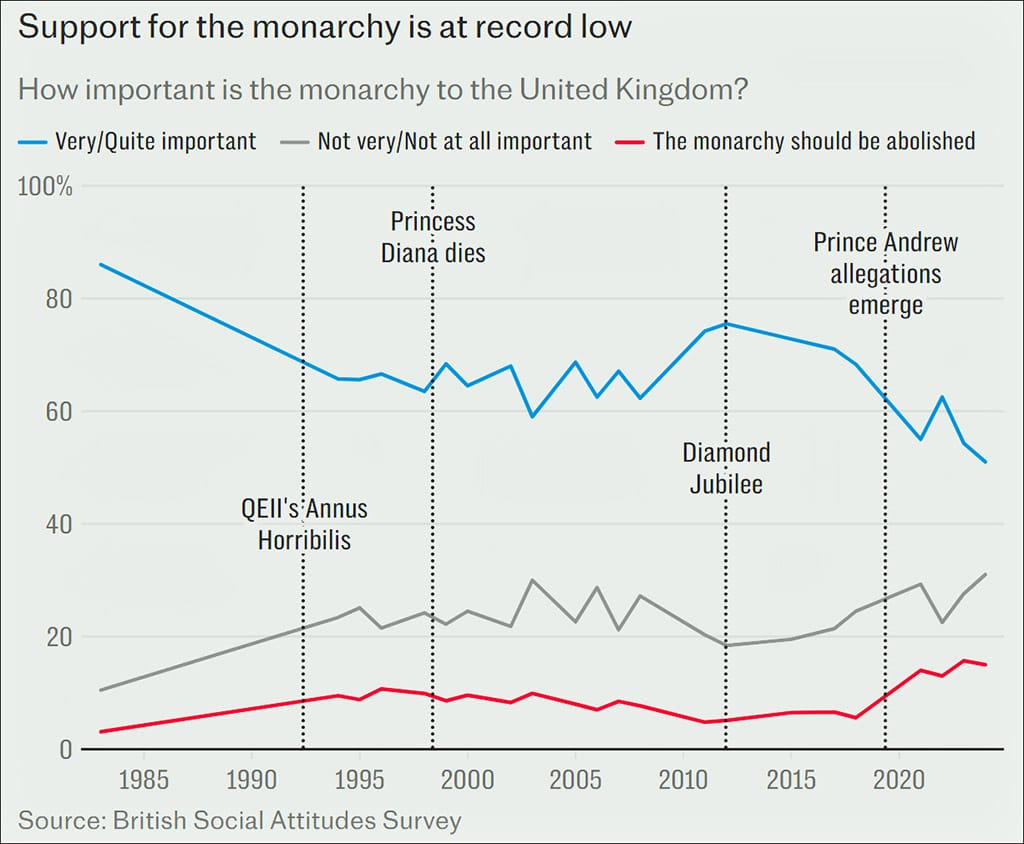
The Palace’s cautious management of the affair has been couched in the language of compassion and family loyalty. Yet the monarchy does not exist for its own convenience; if it is to have legitimacy at all, it exists as a public trust. When private loyalty undermines public confidence, the institution suffers. That is the crisis now quietly unfolding behind the palace walls.
It reminds me of an event that is still relatively fresh in the nation's minds – the death of Princess Diana in 1997 – and the near-universal public anger that followed. At the time, the monarchy seemed aloof and uncaring, guided more by protocol than empathy. It took weeks of public grief to jolt the institution into recognising what the people already knew: that humanity must come before hierarchy.
We saw an inkling of that public anger when King Charles was heckled in public about Andrew and Epstein during the King's visit to Lichfield last week.
There’s a parallel here, too, with how other public institutions lose trust. Scandals in politics, corporations, and charities often share a pattern: a reluctance to act decisively, a preference for quiet settlements, and a hope that time will dull outrage. But time rarely heals hypocrisy. The longer inaction continues, the more it looks like complicity.
The monarchy has survived countless storms by adapting to the mood of the nation – but adaptation cannot mean avoidance. We’ve reached a point where public accountability, not public relations, must guide the response. The King faces a choice between protecting a brother and preserving a monarchy. It should not be a difficult one.
The King’s Choice: Family or Integrity
Removing Andrew from the line of succession would be a bold act, but also a necessary one. It would send a message that the values the monarchy claims to embody – duty, integrity, service – actually mean something. It would acknowledge that moral leadership requires sacrifice. And it would demonstrate that the institution can evolve in ways that align with the expectations of a society no longer content with quiet indulgence.
Critics might argue that such a move would destabilise the monarchy or appear vindictive. Yet the greater risk lies in doing nothing. Each act of hesitation corrodes credibility. Each whisper of favour erodes respect. What remains of the monarchy’s moral authority depends on visible accountability, not whispered contrition.
While a YouGov poll on 31 October showed almost 80 per cent of people support the King's actions regarding Andrew, a sizeable majority also think he was far too slow in taking action.
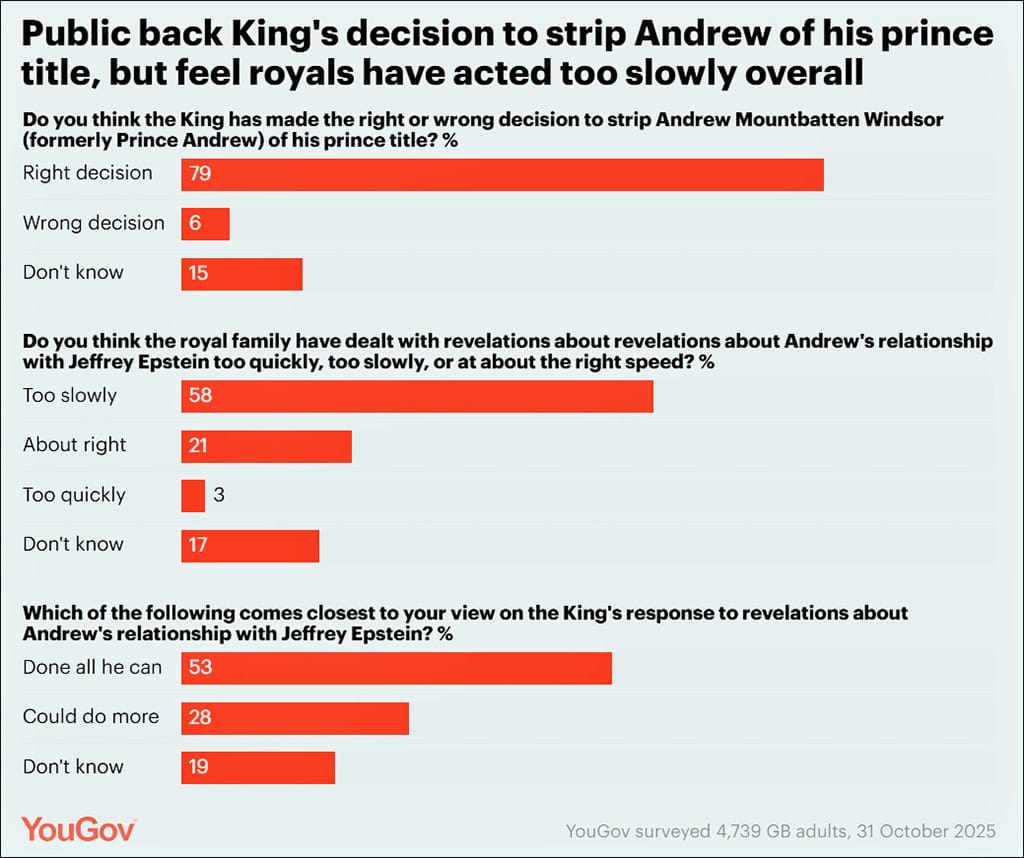
The public mood today is not one of rebellion but of fatigue. People are weary of privilege defended by silence. They want institutions that reflect the fairness they are told defines Britain. When those institutions fail to do so, cynicism takes root. It’s a slow decay: not dramatic collapse, but the steady erosion of belief. Once lost, that trust rarely returns.
The monarchy still has an opportunity to demonstrate relevance. But relevance will not be secured by pageantry or polished statements. It will be reflected in actions that embody the country's values. By facing its own moral failures with honesty, the Crown could reaffirm its purpose in a modern democracy. Shielding them risks confirming their irrelevance.
If the King wishes to protect the monarchy’s future, he must act not as a brother but as a leader. Removing Andrew from the line of succession would not erase past failings, but it would draw a clear line between personal loyalty and public accountability. It would mark a turning point – a recognition that the monarchy’s survival depends not on divine right, but on moral credibility.
A modern monarchy cannot hide behind history. Its future depends on whether it can look the country in the eye and say: in contemporary society, the rules apply to us, too.


